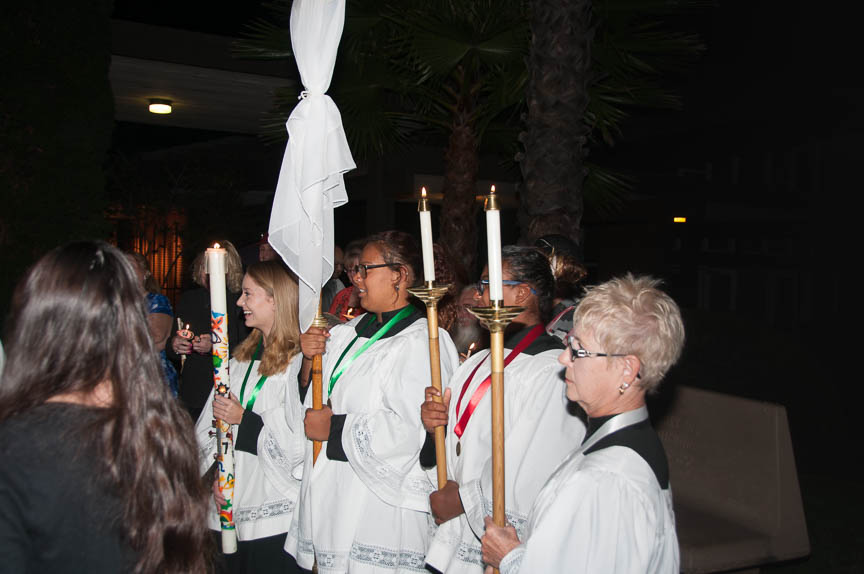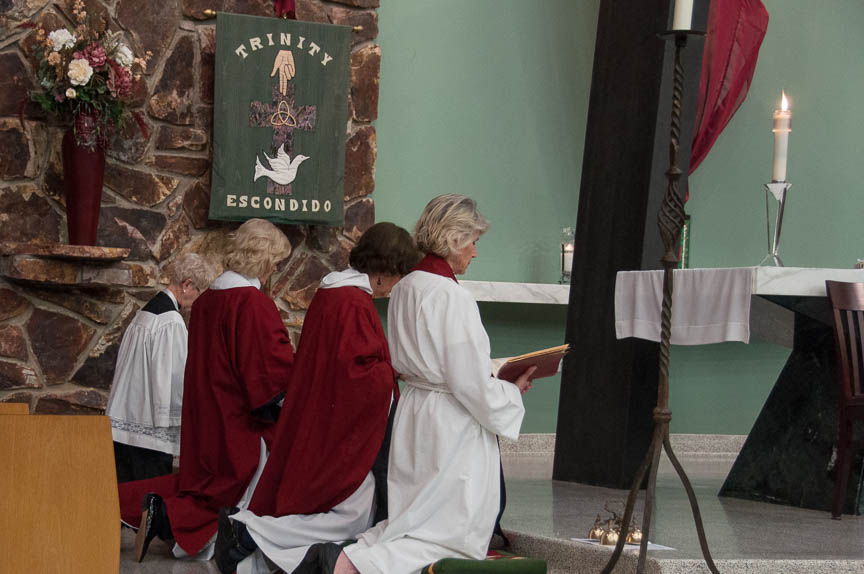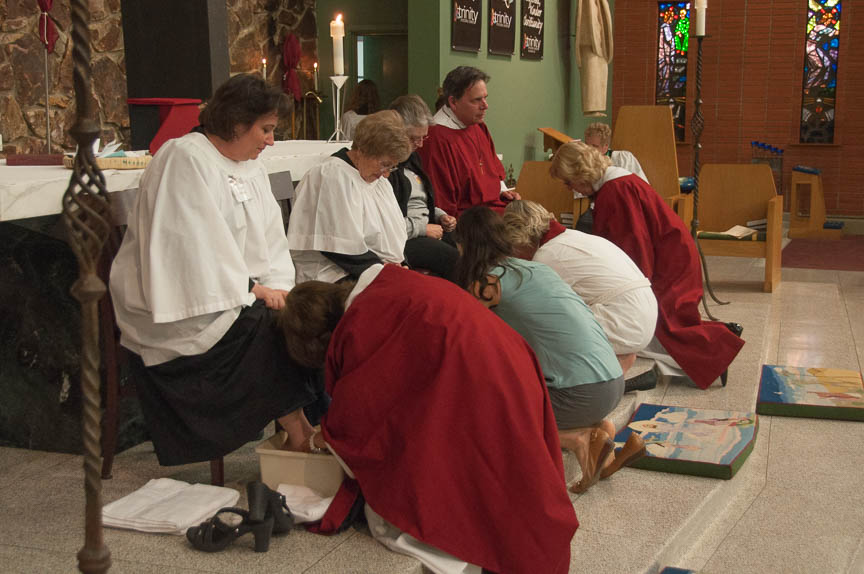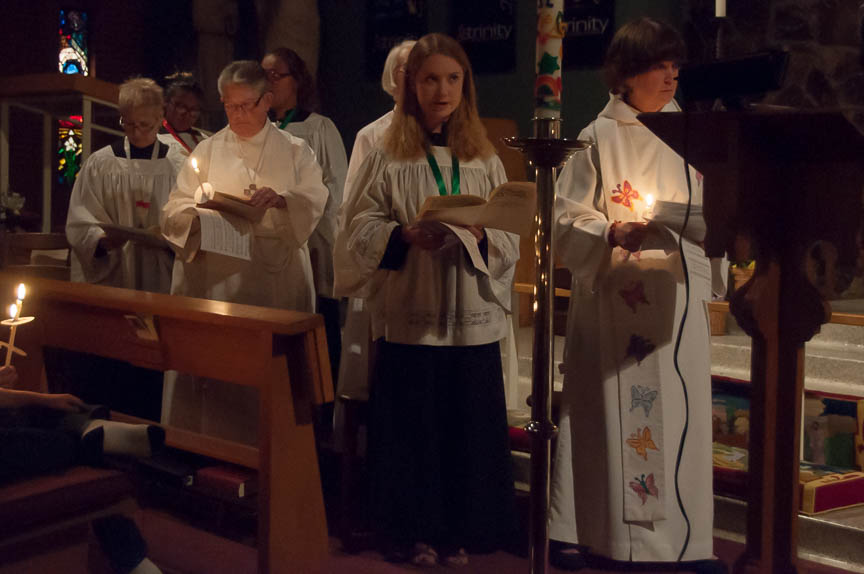
Holy Week approaches, and now it is time to explain why you should all attend. Put aside those fun weekend plans–you need to be in church! Here we go–time to pull out the extreme persuasive skills:
First of all, Holy Week is good for your soul. Elsewhere I’ve described how that is true. I could go on (and probably have) about the importance of Holy Week to your faith, but instead let’s face the facts. Holy Week is inconvenient, and that is a good thing.
There’s a reason why Good Friday will never become a Monday holiday.
This is one of those times when showing up is all that is required. Holy Week inconveniently interrupts our lives, demanding attention. Showing up, we make an essential statement about

priorities. Holy Week requires more from us than simply liking that sentimental meme on Facebook. We have to be there. Observing Holy Week, we say that this message matters enough to us that we will take the time to observe the traditions, putting ourselves in solidarity with Christians throughout the centuries. We become part of a drama bigger than we are–that drama of the salvation story.
We are not at the center of this story. Is that a good thing?
The inconvenience of Holy Week means we make a statement of faith: Here we stand. Is that a statement you want to make?
Fanatic: (n.) a person filled with excessive and single-minded zeal, especially for an extreme religious or political cause. Synonyms: zealot, extremist, militant, dogmatist, devotee. Not exactly what we want on our resume.
 Observing Holy Week requires a lot more effort than liking a meme on Facebook, which is exactly how it should be. Too often we want to stay quiet for fear that we will be misunderstood and labeled. The Christian faith has become identified in the public eye with a political movement bearing little resemblance to Jesus himself. Silence does not serve the Gospel. We need to speak up if we are to demonstrate that Jesus’ message of love, compassion, and wholeness has anything to do with life in the 21st Century. Convenient church attendance will not do.
Observing Holy Week requires a lot more effort than liking a meme on Facebook, which is exactly how it should be. Too often we want to stay quiet for fear that we will be misunderstood and labeled. The Christian faith has become identified in the public eye with a political movement bearing little resemblance to Jesus himself. Silence does not serve the Gospel. We need to speak up if we are to demonstrate that Jesus’ message of love, compassion, and wholeness has anything to do with life in the 21st Century. Convenient church attendance will not do.Holy Week’s Big Events:
- Maundy Thursday (7:00 pm): Tells the story of the Last Supper, beginning with celebration and ending in a dark place as Jesus is arrested.
- Good Friday (7:00 pm): The story of the crucifixion and our continued participation.
 Easter Vigil (Saturday night, 8:00 pm): The whole history of salvation told in a surprisingly short time frame. This is the service, of drama and theological meaning, that defines our whole faith.
Easter Vigil (Saturday night, 8:00 pm): The whole history of salvation told in a surprisingly short time frame. This is the service, of drama and theological meaning, that defines our whole faith.
